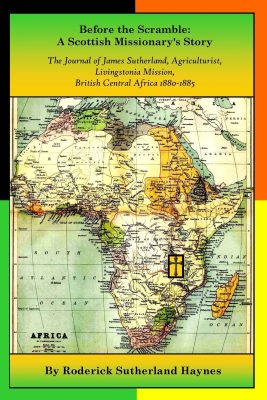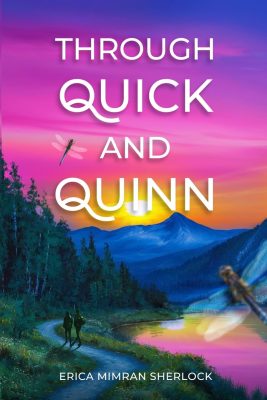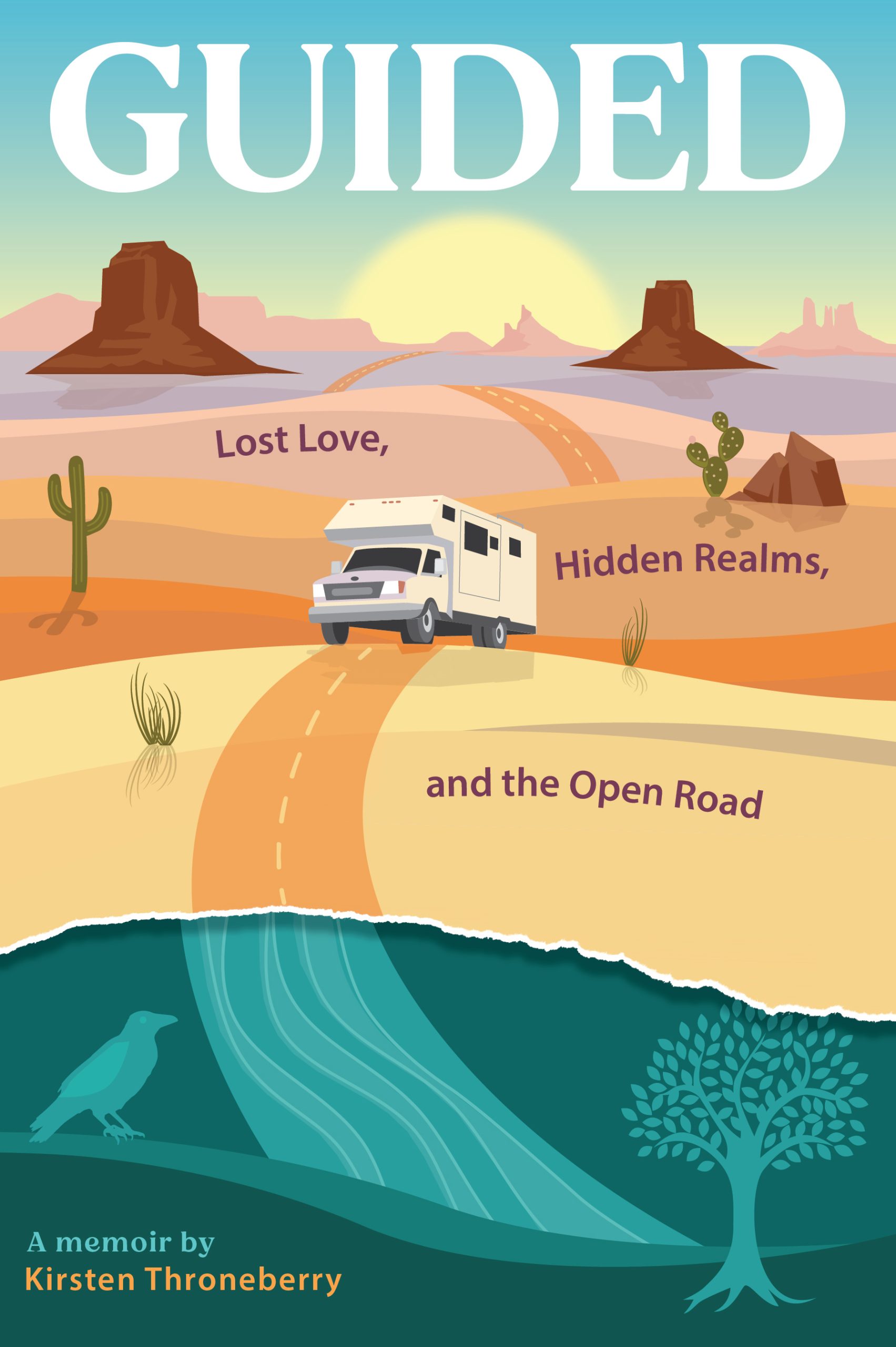|
Listen to or download this article:
|
Exits by Stephen C. Pollock embodies the malleable nature of poetry, balancing the reflective, spiritual, personal, and primal. It changes from rhyme to free verse, even within one poem, and shares thoughtful observations.
Some poems ask the reader to reflect on nature and human reactions to it. Arachnidæa: Line Drawings blends rhyme, stanza lengths, and free verse with the brutal truth of damaging trespasses that humans have taken into the natural world. Metamorphosis continues this theme as it shows the beautiful cycle of life from bloom to decay, and it challenges us to consider how our human intervention can render that cycle barren.
“The butterfly bush on our berm… grew to resemble some great green sphere / whose blooms and perfume intoxicate the senses / of black-veined yellow swallowtails….But in May — Roaches! Panic! Pesticide spray / for the house…Now the butterflies are gone… It’s a shame to be sure, and surely no one’s to blame, / though our berm, and world, will never be quite the same.”
Many of these poems reveal a darker side to nature, a struggle with health issues that can consume a person.
Syringe references the chaste nymph Syrinx of Greek myth who was turned into hollow reeds, and the poem itself juxtaposes pastoral images of a serene pond and horsetails with the experience of living with multiple sclerosis, creating a powerful visual lyric.
Spine of Dorian Gray alludes to the decaying of Dorian’s portrait in his attic, tied to the destruction of the speaker’s spine as the disease progresses. Nasal Biopsy compares the terrifying procedure that will reveal a possible cancer diagnosis with a spiritual experience of the sacrament and poses questions of faith in the face of nature.
Exits offers a unique and thematically rich collection of poetry, and each reading reveals more insights for the reader to contemplate.











Leave A Comment